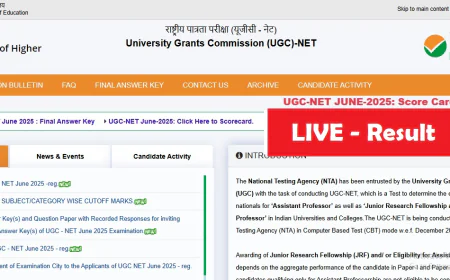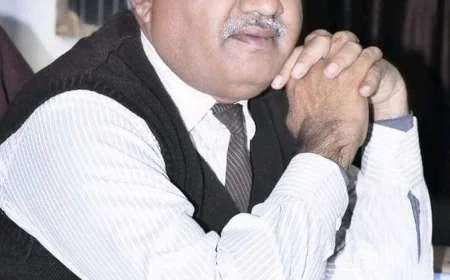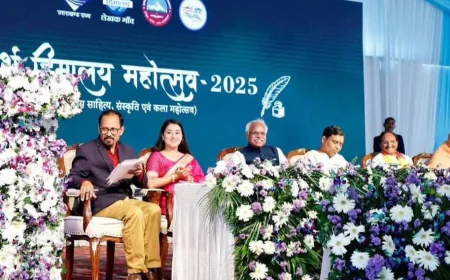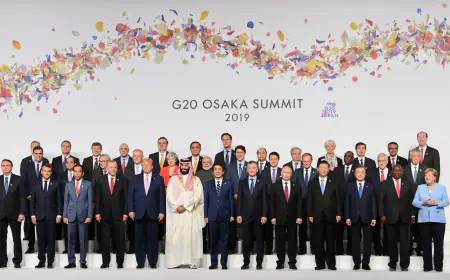Online market surrounded by fake products

Online market surrounded by fake products
The accessibility of the internet in the current digital revolution and the all-widevariety of smartphones has changed the old modalities of shopping. Now people can order every item at one click sitting at home. Have clothes or books, medicines or cosmetics, electronics or luxury brand everything is reaching the consumer's doorstep, but this gleaming world of convenience is now rampant. Fake and forged goods have deeply hurt the trust of online market.
In the year 2023 where mere 2,211 complaints of fake goods had been registered, the number reached 4,997 in 2024. In the early six months of 2025, only 7,221 consumers have suffered from this problem and have approached the helpline. The growing trend of counterfeit product and fraud along with the development of online market is dangerous to legitimate market and economy. Surveys show that every fifth online buyer has received fake goods at least once. Most of these complaints remained attached to shoes, cosmetics and fragrances. The luxury brand's then condition is even worse, where consumers fall prey to the deception of name and packaging despite spending thousands of rupees. Electric goods such as chargers, power banks, and headphones threaten the safety of consumers, then fake medicines and health products directly strike life.
This problem is no longer just economic fraud, it is an open attack on health, safety and consumer- rights. There are many sectors in India where fake products are causing the country to suffer more than one lakh crore rupees every year. The share of counterfeit goods has increased to 3.3 per cent in business that took place worldwide over the years. According to data, this market can reach $200 billion by 2026. However, the government has also made efforts to crack down on fake products. The Bureau of Indian Standards seizes fake goods by conducting raids from time to time. In the beginning of the year 2025, BIS seized more than four thousand fake products from e-Commerce warehouses. 22 search operations were also conducted in the year 2024. But this effort is just like a drop in the sea. E-Commerce companies will have to closely investigate sellers on their platform and ban them perpetually if found fake. Techniques like QR code and Hologram be made mandatory on each product, so that the consumer can check the authenticity at the time of shopping only.
Vijay Garg Retired Principal Malout Punjab









































